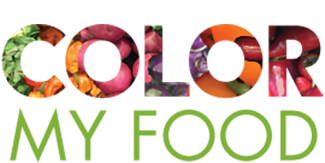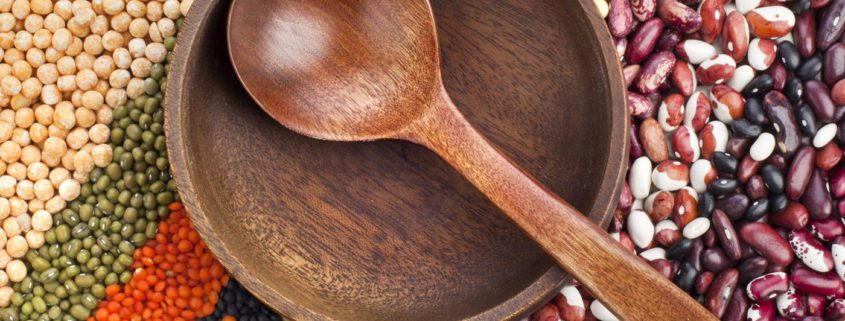Eat More Beans
Beans are so nutritionally significant, some health champions advocate we should eat beans daily. Beans are protein-rich superfoods, high in antioxidants, phytonutrients (plant chemicals essential to our immune system) and fiber and can help with disease prevention.
Cultivated across the globe for thousands of years, beans (also known as legumes and pulses) are an ancient food, a staple of people around the world. It seems every culture uses beans, peas, and lentils in one way or another, often with grains and vegetables in unique combinations.
[su_expanding_quote_web alignment=”Full” source_site=”Source Site” source_url=”http://nutritionstudies.org/what-are-pulses-and-why-are-they-important/” full_quote=”Throughout history and all over the world the highly nutritious legume, or pulse, has been an essential and affordable staple in the human diet. Those from the Indian subcontinent lived on Dal from lentils and chickpeas; the Chinese and Japanese added mung, aduki and young soy (edamame) beans to meals. Persians ate lentils. Latin Americans ate pinto, black and kidney beans and the Greeks ate great lima beans; Egyptians – fava beans, and sub-Saharan Africans lived on pinto and fava beans.” short_quote=”Throughout history and all over the world the highly nutritious legume, or pulse, has been an essential and affordable staple in the human diet.”]The health benefits are powerful. Beans are:
- A rich source of phytonutrients (plant chemicals essential for health) and minerals including magnesium, potassium, iron, calcium and zinc that strengthen our immune system and protect us from disease
- a good source of water-soluble vitamins, especially thiamine, riboflavin, niacin, and folacin. Studies (SuperFoods Rx, by Steven Pratt) show that those who ate beans most frequently had lower blood pressure and total cholesterol and were less likely to be diagnosed with diabetes. Eating half a cup of beans a day made a significant difference in cholesterol and triglyceride blood levels.
- one of the best sources of dietary fiber which has been shown to lower cholesterol and help decrease the risk of type 2 diabetes as it helps normalize blood sugar and insulin responses. The fiber in beans keeps blood sugar levels from rising too rapidly after a meal. Beans and oats are a less expensive way (rather than costly medications) to lower total and LDL cholesterol levels.
- can protect against cancer
- collectively, all the nutrients and fiber in beans have been found to work together to help reduce the risk of heart disease and obesity
The range of colors, flavors and textures of beans is remarkable. As each bean is unique in nutrients and color, try to eat a wide variety of beans to take advantage of all that beans collectively have to offer to promote optimal health. Beans never need be boring, enjoy all their incredible flavors and textures: chickpeas, black-eyed peas, black beans, lima beans, pinto beans, lentils, red and the health benefits are outstanding.
They can be prepared so many ways. In the warm months I use beans in grain dishes, mixed with whole-wheat pasta or in salads. In the colder months they are in my weekly menus as soups and stews. And I generally have a hummus or bean spread in the refrigerator to use as a spread for wraps or sandwiches or a quick snack with rice cakes, crackers or veggies.
Having canned beans as a pantry staple makes a quick dinner easy; make sure to check labels when purchasing and buy those that contain only beans, water and preferably no added salt.
Dried beans are a very affordable way to maintain a healthy lifestyle. It takes thinking ahead to soak them overnight, but with planning this can become routine. Soaking makes them quicker to cook, and it also breaks down their starches and sugars that make them more digestible.
The more regularly beans are consumed, the better the body adjusts to their digestion.
To better empower your lifestyle with beans, check out:
Beans
Beans contain a multitude of nutrients that are known to be health promoting
NutritionFacts: Dr. Michael Greger
Beans: The Ideal Carbohydrate
Beans help prevent diabetes and weight gain…Beans protect against colon cancer.
Dr. Fuhrman: Smart Nutrition, Superior Health
Beans, Beans Good For Your Heart
Half a cup of beans a day may drop one’s cholesterol 20 points
NutritionFacts: Dr. Michael Greger



We love beans at our house, healthy and so filling!